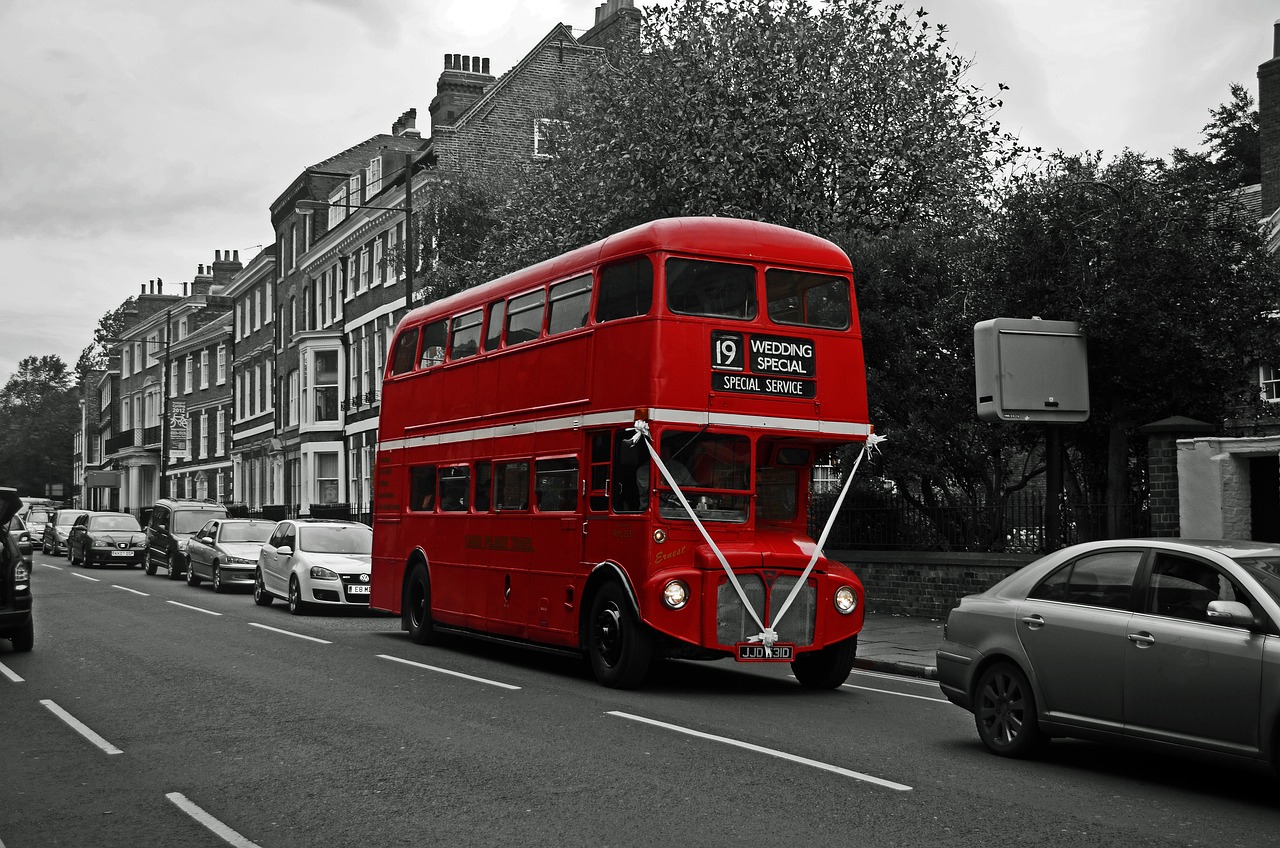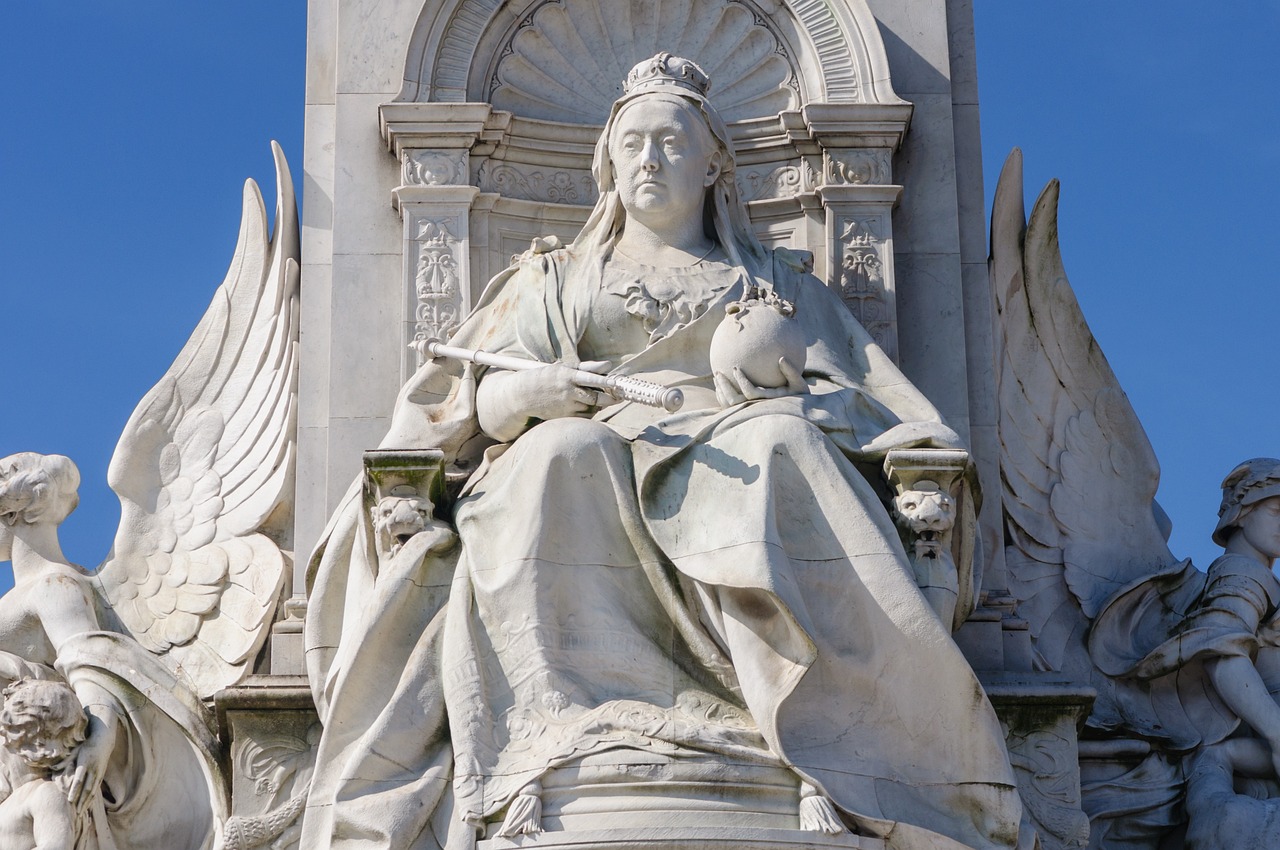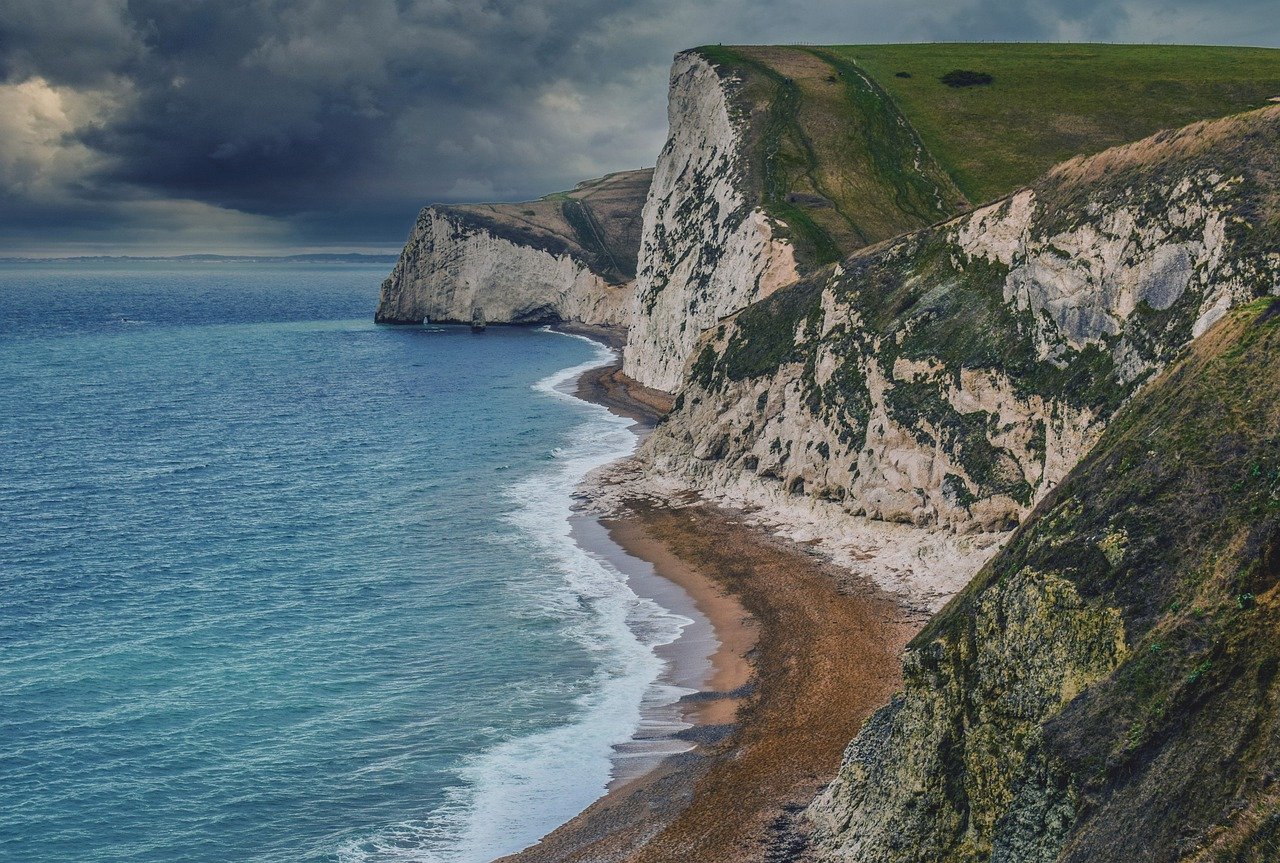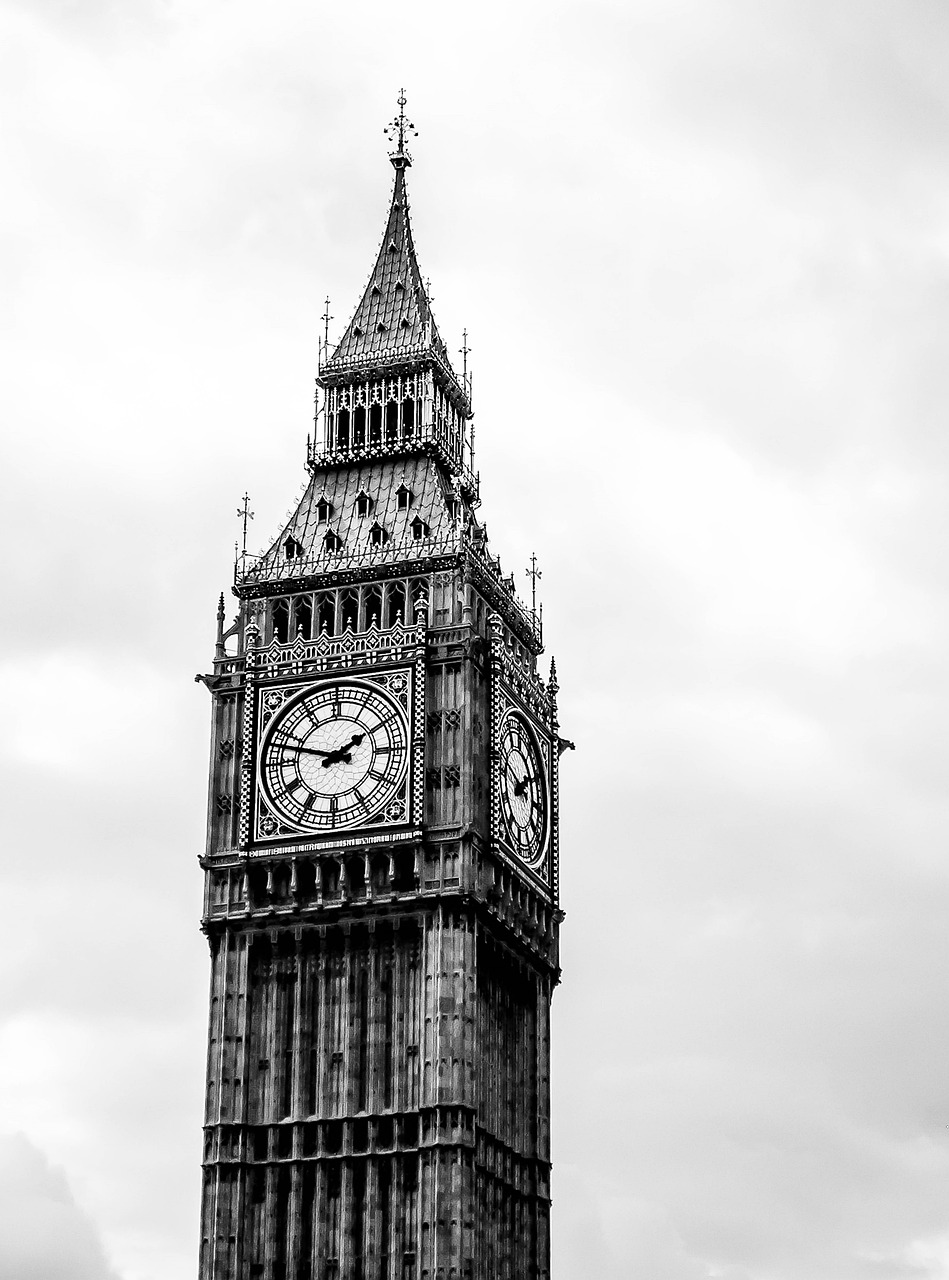Emergency Services: What to Know While in United Kingdom
Introduction
When traveling to the United Kingdom, it is essential to familiarize yourself with the emergency services available. In case of any unforeseen circumstances or emergencies, knowing how to access and utilize the emergency services can be crucial. This article aims to provide detailed information about the emergency services in the United Kingdom, including contact numbers, procedures, and important considerations.
Police Services
The police in the United Kingdom are responsible for maintaining law and order, preventing and investigating crimes, and ensuring public safety. In case of an emergency requiring police assistance, dial 999. The emergency operator will connect you to the appropriate police force based on your location. It is important to provide clear and concise information about the situation and your location to facilitate a swift response.
- Emergency Contact Number (Non-Emergency): Dial 101 to report non-emergency incidents or to seek general police assistance.
- Police Stations: Police stations are located throughout the United Kingdom. In major cities, you can find them easily. If you require assistance, you can visit the nearest police station or contact them via phone.
- Reporting Crimes: If you need to report a crime that has already occurred and does not require immediate police response, you can do so through the police’s non-emergency contact number or by visiting a police station.
- Emergency Text Service: The police in the United Kingdom also provide an emergency text service for individuals who are deaf, hard of hearing, or have a speech impairment. To access this service, send a text message to 999.
Fire and Rescue Services
The fire and rescue services in the United Kingdom are responsible for responding to fires, rescuing individuals in emergency situations, and providing support during other incidents such as floods or road accidents. In case of a fire or any other emergency requiring the fire and rescue services, dial 999. When contacting the emergency operator, provide clear details about the situation, your location, and any potential hazards.
- Emergency Contact Number (Non-Emergency): To report non-emergency incidents or for general inquiries, you can contact your local fire and rescue service using their non-emergency contact number. The non-emergency number varies depending on the region, so it is advisable to check the local fire and rescue service’s website for the correct contact information.
- Fire Safety: It is important to familiarize yourself with fire safety measures, such as knowing the location of fire exits and fire extinguishers in your accommodation or public places. Additionally, follow any fire safety instructions provided by the authorities.
- Smoke Alarms: Ensure that smoke alarms are installed and functional in your accommodation. Test them regularly and replace batteries if needed.
- Fire Safety Advice: The fire and rescue services in the United Kingdom provide comprehensive fire safety advice on their websites. It is recommended to familiarize yourself with these guidelines to prevent fire incidents and know how to respond in case of an emergency.
Ambulance Services
The ambulance services in the United Kingdom are responsible for providing emergency medical assistance, transportation to hospitals, and critical care services. In case of a medical emergency, dial 999 and provide the necessary medical details and your location to the emergency operator.
- Emergency Contact Number (Non-Emergency): For non-emergency medical situations or general inquiries, it is recommended to contact the non-emergency NHS helpline by dialing 111.
- First Aid: Basic knowledge of first aid can be valuable in emergency situations while waiting for professional medical assistance. Consider attending a first aid training course before traveling to the United Kingdom.
- Emergency Medical Information: It is important to carry essential medical information, such as any known allergies, existing medical conditions, and contact details of your primary healthcare provider. This information can assist medical professionals in providing appropriate care.
- Prescriptions and Medications: If you require regular medication, ensure you have an adequate supply for the duration of your stay. Carry prescriptions or relevant medical documents with you.
United Kingdom Image 1:

Coastguard Services
The coastguard services in the United Kingdom are responsible for maritime search and rescue operations, coastal safety, and preventing accidents at sea. If you witness or are involved in a maritime emergency, dial 999 and ask for the coastguard.
- Emergency Contact Numbers (Non-Emergency): For non-emergency coastal safety inquiries or to report potential hazards, you can contact the coastguard using their non-emergency contact number. The non-emergency number varies depending on the region, so it is advisable to check the local coastguard’s website for the correct contact information.
- Maritime Safety: When visiting coastal areas or participating in water activities, follow safety guidelines, pay attention to warning signs, and be aware of tides and weather conditions.
- Water Safety: It is essential to know how to swim and be cautious when entering the water. Follow lifeguard instructions at designated swimming areas and beaches.
- Boating Safety: If you plan to engage in boating activities, ensure you have the necessary skills, equipment, and knowledge of maritime rules and regulations.
Mental Health Support
Mental health support services in the United Kingdom aim to provide assistance and resources for individuals experiencing mental health difficulties or crises. If you or someone you know requires immediate mental health support, contact the following helplines:
- Samaritans: Call 116 123 for 24/7 confidential emotional support.
- NHS Mental Health Helpline: Dial 111 and ask for the mental health helpline to access non-emergency mental health support.
- Mind Infoline: Contact 0300 123 3393 for information and advice on mental health.
- Emergency Mental Health Services: In case of a mental health crisis, contact the emergency services by dialing 999 and clearly explain the situation.
United Kingdom Image 2:

Transportation Services
Transportation services in the United Kingdom play a crucial role in emergency response and assistance. In case of transportation-related emergencies, the following services can be contacted:
- Road Accidents: In case of a road accident, dial 999 for emergency assistance. Provide clear details about the location, any injuries, and potential hazards.
- Public Transportation: If you require immediate assistance while using public transportation, such as trains or buses, inform the nearest staff member or contact the transportation provider’s emergency helpline.
- Taxi Services: Taxi services in the United Kingdom are regulated and generally safe. However, if you encounter any issues or emergencies while using a taxi, note the taxi license number and contact the local authorities.
- Rideshare Services: Rideshare services like Uber and Lyft operate in certain areas of the United Kingdom. If you face any emergencies or safety concerns during a rideshare journey, contact the rideshare company’s emergency helpline or dial 999 if immediate assistance is required.
Healthcare Services
The healthcare system in the United Kingdom is primarily provided through the National Health Service (NHS). In case of medical emergencies, the NHS provides comprehensive emergency medical care. Dial 999 and provide clear details about the situation and your location.
- Non-Emergency Medical Assistance: For non-emergency medical situations or general inquiries, you can contact the non-emergency NHS helpline by dialing 111.
- Health Insurance: If you are not a resident of the United Kingdom, it is advisable to have travel health insurance to cover any medical expenses during your stay.
- Pharmacies: Pharmacies in the United Kingdom provide over-the-counter medications and prescription dispensing services. In case of minor health issues, you can seek advice from a pharmacist.
- Emergency Dentistry: Dental emergencies can be addressed through the NHS emergency dental services. Dial 111 for non-emergency dental advice or visit the nearest dental hospital in case of severe emergencies.
United Kingdom Image 3:

Natural Disasters
The United Kingdom is not prone to major natural disasters. However, certain regions may experience occasional flooding or severe weather conditions. It is important to stay informed about local weather forecasts and follow any instructions or warnings issued by the authorities.
- Flooding: If you encounter flooding or are in an area prone to flooding, follow the advice of local authorities, evacuate if necessary, and avoid walking or driving through floodwaters.
- Severe Weather: In case of severe weather conditions, such as storms or heavy snowfall, stay updated through local news channels or weather apps. Take necessary precautions and avoid unnecessary travel.
- Earthquakes: Earthquakes are rare in the United Kingdom, and most are of low magnitude. If an earthquake occurs, stay calm, take cover under furniture, and protect yourself from falling objects.
Conclusion
Being aware of the emergency services available in the United Kingdom and knowing how to access them can provide peace of mind while traveling. In case of any emergency, remember to stay calm, provide clear information, and follow the instructions given by the emergency services. By familiarizing yourself with the information provided in this article, you will be better prepared to handle unforeseen situations and ensure your safety and well-being.
References
- NHS – www.nhs.uk
- UK Government – www.gov.uk
- Coastguard – www.gov.uk/government/organisations/maritime-and-coastguard-agency
- Police – www.police.uk
- Fire and Rescue Services – www.fireservice.co.uk
- Mind – www.mind.org.uk


